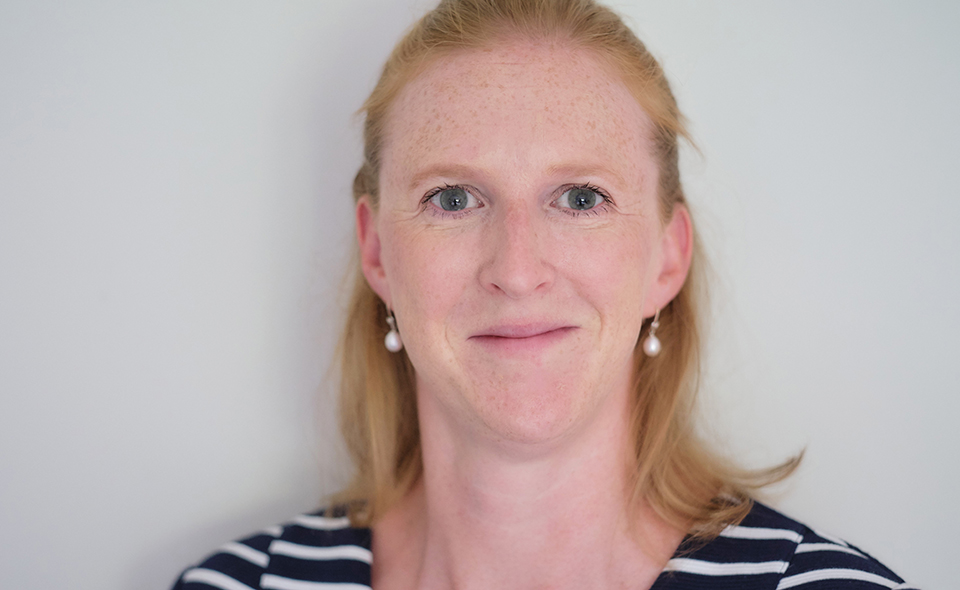Lucinda Lloyd, Director of Operations at Jane James and Associates, gives Lawyer Monthly an in-depth look at recent developments in the care sector and the invaluable role an expert can play in ensuring that their client’s needs are met.
What are some of the most interesting cases JJ&A have worked on in recent months?
There have been a number of cases in which Jane James and Associates have been instructed and recent judgements have been of interest, in particular the case of Martin v Salford Royal NHS Trust. In brief, the main issue between the parties was around the level of funding and care available to the Claimant under Section 117 of the Mental Health Act.
The Claimant had a long psychiatric history, with several acute hospital admissions. JJ&A were instructed on behalf of the Claimant and were successful in submitting evidence at Court, in that the provision of care from Section 117 of the Mental Health Act was insufficient to meet the Claimant’s substantial additional needs, which were caused by the Defendant’s negligence. The Defendant expert was unable to convince the judge that the Claimant’s current Section 117 care package adequately met all of her reasonable needs, in particular those relating to personal care.
JJ&A have also assisted the Court where a Claimant was found to be fundamentally dishonest in exaggerating his personal injury claim. JJ&A were instructed on behalf of the Defendant and our expert was complimented on being very thorough and fair in considering all the evidence by the presiding judge. The Claimant’s care expert was criticised for ignoring medical evidence and her inexplicable reassessment of the Claimant mid-trial without permission from the Court.
The judge’s assessment of damages was understood to be the highest assessment of damages in a claim involving serious injuries where fundamental dishonesty arguments were successful.
What type of client do you work with most frequently?
For over 35 years, JJ&A have been instructed by both Claimant and Defendant solicitors. We provide care and occupational therapy reports for adults and children who have sustained life-changing injuries through clinical negligence and personal injury.
In the past 10 years, we have been instructed by clinical negligence lawyers in relation to providing breach of duty and causation reports. Our team of experts cover the areas of general nursing, mental health nursing, practice nursing, accident and emergency nursing, minor injuries, manual handling, tissue liability, community care provision including nursing and care homes, and occupational therapy.
For over 35 years, JJ&A have been instructed by both Claimant and Defendant solicitors.
Recently, have any developments impacted your field? If so, please expand.
The most significant impact for all those involved in personal injury litigation has been the rapidly increasing cost of care. This is driven by a number of factors but is primarily due to the increasing rates of pay, along with a significant shortage of skilled and experienced support workers. The impact of COVID-19, and to a lesser degree the loss of some EU support workers, have essentially been the straws that broke the camel's back.
However, the perfect storm was brewing long before this, as the domiciliary care market struggled to establish a resilient and skilled workforce. As a whole, the industry has been historically constrained by the contracting values of local authorities, where a race to the bottom on price forced a relatively young market sector to be severely restricted on development opportunities, both within organisations and the staff group as a whole.
The steady withdrawal of many local community services for older people (for example, day centres and luncheon clubs) during the 80s and 90s, along with NHS strategies of regionalising inpatient care, resulting in the loss of many small local hospitals which served the older population well, have also contributed to the current and unprecedented demand for community care like never before.
The current situation within the domiciliary care market is still bleak, with many providers unable to provide a full service. This is more apparent in rural areas and areas where there is no appetite for employment in the care sector. In order to address these challenges, providers are now stepping up recruitment drives, with much more attractive employment terms and conditions. In particular, they are moving away from the minimum wage to a living wage, and in many areas this has seen an increase in pay of over 20%. Whilst this may seem high to some, it is worth noting that the starting point was very low, with many staff on zero contracted hours and paid minimal travel time and expenses.
These new rates of pay and improved terms and conditions are starting to encourage applicants. Recruitment, whilst still very challenging, is showing some improvement, particularly with rates of pay now in and around £12.00 - £15.00 per hour. It is worth noting that the GMB (Trade Union) is seeking an increase in minimum wage for carers to £15.00 per hour.
The current situation within the domiciliary care market is still bleak, with many providers unable to provide a full service.
As the cost of care is now extremely high, and whilst the Defendants will face their own significant challenges in absorbing these costs within litigation, a greater challenge will be faced by those who have already received their settlements. It is now becoming apparent that the sums awarded to many Claimants over the last two decades are unlikely to be sufficient for the individual’s lifetime, save for those who settled with periodical payments and therefore will have a small degree of protection, as they are linked to the Retail Price Index (RPI). The inevitable outcome will surely be further pressure on the already struggling statutory services.
When compiling an expert witness report, what rules must an expert witness adhere to?
As experts, we must comply to Civil Procedure Rules Part 35 and Practice Direction Part 35. All our reports for the Court have an Expert Declaration which also includes the Statement of Truth. All of Jane James and Associates experts receive a 1:1 induction, and in addition to this we provide two days of in-house medico-legal training from a solicitor. The training covers the relevant topics, which include expert roles, rules and responsibilities, case law, breach of duty reporting, quantum reporting and procedures, from enquiries through to trial.
What does the process for becoming a medico-legal care expert generally look like? And what advice do you have for those wanting to enter the sector?
In general terms, most medico-legal care experts come from either nursing or occupational therapy backgrounds; however, at JJ&A we have an increasing number of case managers joining the team whose experiences give them a unique insight into the needs of clients with complex care needs, as well as substantial knowledge of setting up and managing care packages and working alongside legal teams.
The key skills that we look for at JJ&A are those most associated with working in the community. The role of the care expert is very specific, and experts need to be able to carry out detailed and holistic assessments. It is then essential that experts can convert their findings into a report that fully informs non-medical partners, such as solicitors and judges.
Experts need to be able to create reports that provide robust recommendations. Therefore, it is essential that care experts have a clear understanding of not just what an individual’s care needs are, but how they can be delivered and how much that will cost. The costing element of a Court report needs to be very detailed and care experts need to fully understand how unit costs are determined. They need to have a clear understanding on both private and statutory resources, and they also need to identify all ancillary costs, such as case management and ongoing therapy costs.
[ymal]
Working as a care expert is challenging but ideal for professionals who feel they can bring their knowledge and expertise to assist the Court in awarding appropriate levels of compensation. As set out above, it is important that anyone who is interested in becoming a care expert is able to bring substantial experience in assessing and calculating care costs.
Unfortunately, there is no basic entry into being a care expert, as you are either an expert in your field or not. At JJ&A, we ensure that all experts have robust training and ongoing mentoring. The training is based on their legal duties and responsibilities as an expert and ensures that they are fully familiar with Part 35 CPR. However, they are responsible for their own continuing professional development.
Lucinda Lloyd, Director of Operations
Jane James and Associates
Tel: T: +44 (0) 1249 456360 | +44 (0) 7741 553693
E: llloyd@jjaltd.co.uk
Lucinda Lloyd is Director of Operations at Jane James and Associates, a member of the Expert Witness Institute and a highly experienced paediatric nurse with over 17 years’ experience in providing specialist care to both acutely unwell and chronically sick children. She has worked at a senior level in both acute and community settings caring for children with a variety of complex neurological conditions, and over the past five years has been instructed to provide paediatric quantum care reports for both Claimant and Defendant representatives.
Jane James & Associates works to provide its clients with evidence-based clinical negligence and personal injury reports complying with Civil Procedure Rules Part 35. The firm has been in operation for over 35 years, serving clients including both Claimant and Defendant legal representatives, as well as insurers.





















